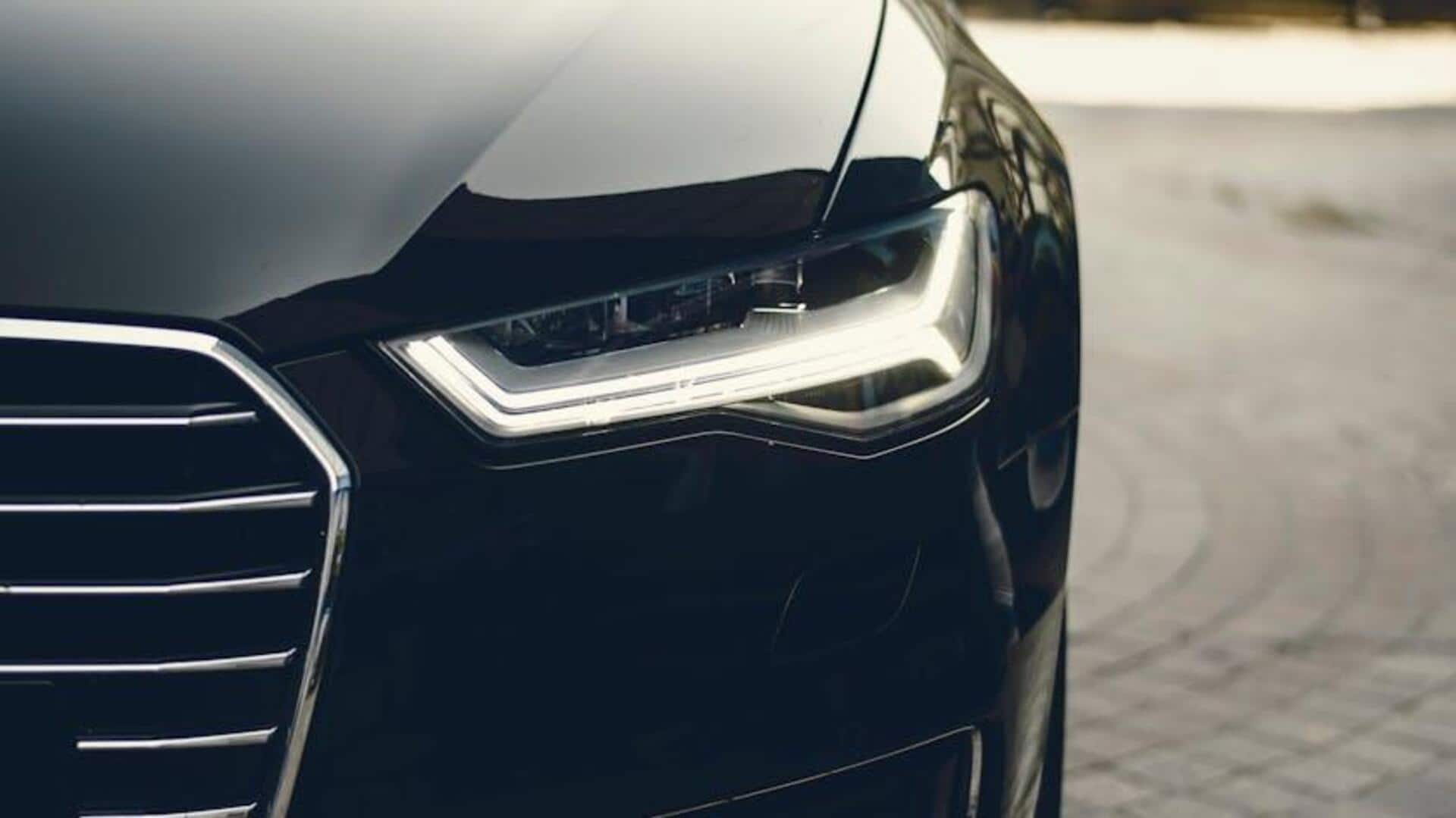
Buying an EV? Grab these incredible tax benefits in India
What's the story
Ready to drive into a greener future and save big while you're at it? The Indian government is on a mission to make electric vehicles (EVs) the future of transportation.
To sweeten the deal, they're offering exciting tax incentives under the Income Tax Act that make buying an EV smarter and lighter on your pocket.
This guide breaks down the key tax benefits, helping you navigate these money-saving perks like a savvy investor.
Loan benefit
Income tax deduction on loan interest
Section 80EEB, implemented in the 2019 budget, grants individuals a deduction of up to ₹150,000 on interest paid on loans taken for EVs.
This is separate from the tax benefits available under Section 24(b) for home loans.
Only loans sanctioned between April one, 2019, and March 31, 2023, are eligible, which means you can avail this benefit only if you purchase an electric vehicle during this period.
GST advantage
Reduced GST rates on EVs
The Goods and Services Tax Council has slashed the GST rates on electric vehicles from 12% to 5% to make them more affordable for consumers.
And, GST on EV chargers or charging stations has also been cut from 18% to 5%.
This not only incentivizes the purchase of EVs but also fosters the infrastructure development for electric vehicle charging stations across India.
Business perk
Depreciation benefits for businesses
Companies that buy electric vehicles for commercial purposes are eligible for a significant financial incentive: accelerated depreciation.
Under Section 32 of the Income Tax Act, businesses can claim a higher depreciation rate—up to 40%—on their EV investments.
This higher rate (conventional vehicles get 15-20%) helps businesses significantly lower their taxable income in the first few years after they invest in electric mobility.
Subsidy scheme
FAME II subsidy scheme
The FAME (Faster Adoption and Manufacture of Electric Vehicles) II scheme is a significant initiative by the Indian government that provides subsidies for electric vehicle purchases.
While not a direct tax benefit, this scheme significantly reduces upfront costs for both two-wheelers and four-wheelers.
Subsidies are proportional to battery capacity, further reducing acquisition costs in conjunction with tax deductions.
Import benefit
Custom duty exemption
In a bid to accelerate EV adoption in India, the government has eliminated custom duty on select EV parts and components.
This decision will reduce manufacturing costs, which could translate to lower prices for consumers purchasing domestically produced electric vehicles.
Key components such as e-drives assembly, onboard charger, and power control unit are included in the exemption, further fostering growth in the local EV production.